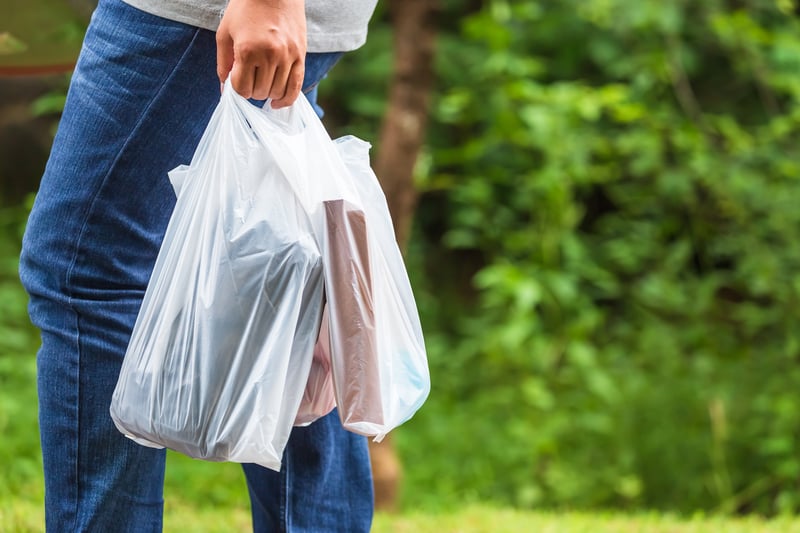HARRISBURG, Pa. — Pennsylvania lawmakers are weighing legislation that would ban single-use plastic bags statewide, following similar measures already enacted in cities like Philadelphia, Pittsburgh, and Phoenixville.
Sen. Judith Schwank, D-Berks County, introduced the proposed bill, citing environmental and public health concerns tied to plastic pollution. “Plastic pollution poses serious threats to our environmental rights, public health, and community resources,” Schwank stated. She noted that the legislation was developed with help from young student advocates in her district.
If passed, the bill would prohibit retailers from offering single-use plastic bags at checkout. Instead, stores would be required to provide recyclable paper bags for a small fee or encourage customers to bring reusable bags. Some retailers, including Aldi, Whole Foods, and Trader Joe’s, have already voluntarily eliminated plastic bags from their Pennsylvania locations.
The proposal includes exemptions for certain types of plastic bags, such as those used for produce, frozen foods, and prescription medications. Lawmakers say these exemptions are necessary to balance environmental goals with practical needs for both retailers and consumers.
Several municipalities in Pennsylvania have already enacted bans on single-use plastic bags. Philadelphia’s ban restricts not only plastic bags but also paper bags that don’t meet specific recyclable content standards. Pittsburgh implemented its ban earlier this year, aligning with growing efforts across the state to address plastic waste.
Environmental and health concerns drive legislation
The legislation’s backers highlight the persistence of plastic bags in the environment. According to Schwank, plastic bags can take hundreds of years to degrade, breaking down into microplastics that have been found in drinking water, wildlife, and even human blood and brain tissue. “These threats are so serious that this legislation was developed by a concerned group of ambitious young student advocates in my district,” Schwank said.
Environmental groups and public health advocates have raised alarms about the potential long-term impacts of microplastics. Scientific studies continue to find traces of microplastics in various ecosystems and human biological samples, prompting increased legislative scrutiny.
The bill is expected to face debate in the coming weeks as lawmakers consider its economic impact on retailers and consumers, as well as the broader environmental benefits. If approved, Pennsylvania would join a growing number of states implementing similar bans to reduce plastic waste.








